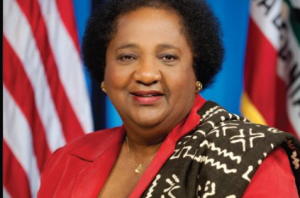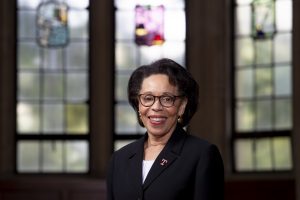By voice voting, the Uttarakhand legislative assembly passed a bill abolishing the Char Dham Devasthanam Management Board on Saturday. The move comes just days after the state government announced the repeal of the controversial Char Dham Devasthanam Management Act, which placed the four Hindu shrines of Badrinath, Kedarnath, Gangotri, Yamunotri, and 49 other temples under the control of a board and was opposed by several priests and religious institutions since last year.
Also Read | CDS Gen Bipin Rawat’s daughters immerse ashes of parents in Haridwar. See pics
The law, which was passed by the former Trivendra Singh Rawat-led government in 2019, empowered the board to operate as the top governing body, overseeing the shrines while formulating policies and allocating funds.
The board was challenged by priests from the Chardham — Kedarnath, Badrinath, Gangotri, and Yamunotri — who saw it as an intrusion on their traditional rights to the Himalayan temples. On November 20, the Mahapanchayat agreed to hold a sit-in protest against the Devasthanam Act at the worship sites of Badrinath, Kedarnath, Gangotri, and Yamunotri Dhams.
The Kedarnath Teerth Purohit Samaj had previously alleged that then-Chief Minister Tirath Singh Rawat had promised to reconsider the board’s decision.
The protests against the board had been going on for 21 months.
The Uttarakhand Char Dham Shrine Management Bill, 2019, was passed by the Bharatiya Janata Party (BJP) administration led by Rawat in 2019.
During the ongoing protests by the priests, new chief minister Pushkar Singh Dhami created a five-member committee to look into the problem in July. The state administration chose to repeal the Act based on the recommendations of the commission that delivered its report last week.
“Our government has taken a decision to take back the Char Dham Devasthanam Management Board Act,” Dhami said on November 30.
“The decision to abolish the Devasthanam Board is taken on the basis of the feedback received by Teerth Purohit, Haq Hookdhari, people’s representative and report of a high-level committee,” he added.






